On Genesis, Part 24: The Victories of Abraham

On Genesis, Part 24: The Victories of Abraham
In our last presentation in this commentary on Genesis, we left Abram in The Wild West as the kings of Elam and Mesopotamia had pillaged Sodom and Gomorrah. Where the supposed defenders of those cities were faced with the prospect of battle, we read that “the kings of Sodom and Gomorrah fled, and fell there [in the valley of Siddim]; and they that remained fled to the mountain.” So in their end, the depraved Sodomites proved to be cowards, and could not stand before the formidable invading armies. There it was also evident, that Sodom and its companion cities were not considered a part of the land of Canaan, but had been subjects of the kings of Mesopotamia, who at this time were themselves subject to the king of Elam, according to the account as it is presented here in Genesis chapter 14. That Elam had subjected the kings of Mesopotamia at this time is apparently something that the secular records have not revealed. However as we also explained, the history of this period in the 19th century BC is incompletely represented in surviving records. The only way in which any of the history of distant antiquity can be known is with the discovery and deciphering of ancient inscriptions.
But even without ancient inscriptions to support any particular event described in the Bible, we hope to have exhibited thus far in our Genesis commentary that the Scripture certainly is reliable, once it is properly correlated with what we can know from the historical and ancient records. Wherever there is ancient history which can be known, the knowledge does not conflict with the words of Scripture, and more often than not, supports Scripture. While the churches have never properly made the necessary correlations, all those who claim that the Bible is not historical are liars. Moses was not a fool writing fairy tales. Rather, he was educated as a prince in Egypt, and his books were respected for 2,000 years, as attested to in the words of Manetho, Hecataeus of Abdera, Diodorus Siculus, Strabo of Cappadocia, Flavius Josephus, and there is no reason to disrespect him today. While critics may find fault in each of those men, they were nevertheless serious scholars and historians of their own time, who were in turn respected by Christian scholars in Europe for many centuries. Attempts to discredit this history are only a couple of centuries old, and they all have one source: the Jewish culture of critique through which Jews have sought to subvert and deconstruct everything of value in European Christian society. But the pompous arrogance and abject ignorance of churchmen over those same centuries have failed to defend Christianity from the constant onslaught of Jewish propaganda, and now all of Christendom is in peril. But of course, the words of Moses are also upheld by Yahshua Christ. So even at the precipice of Sodom and Gomorrah, the substance of the unconditional promises of Yahweh God inform us that until the very end Abram shall remain victorious.


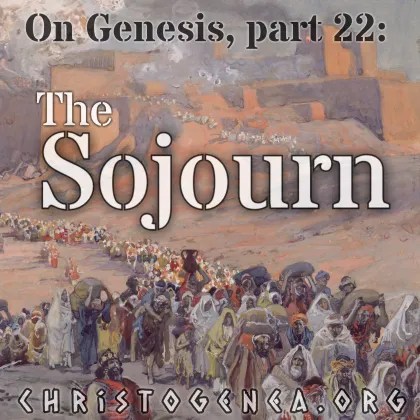
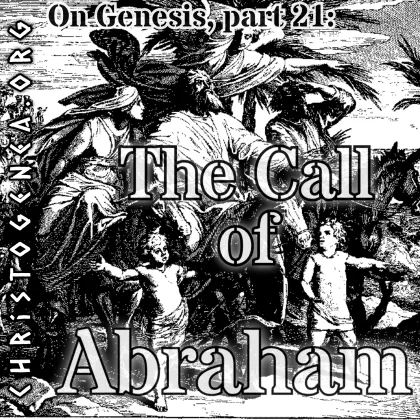
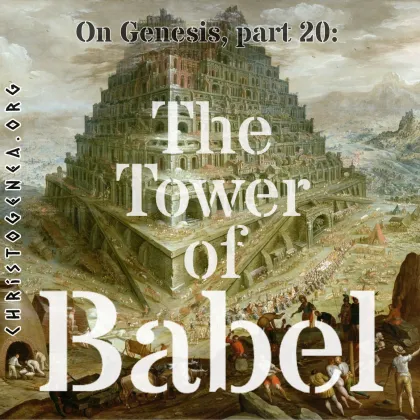


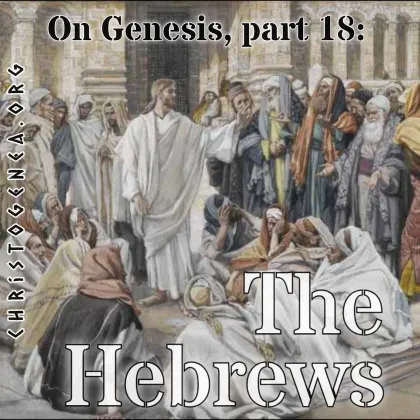
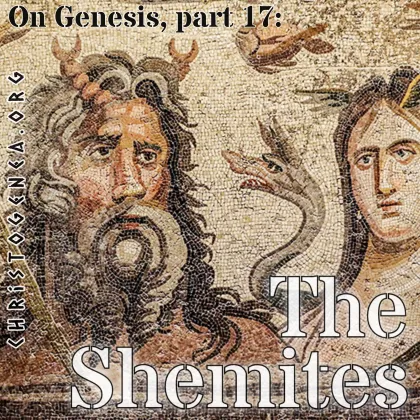

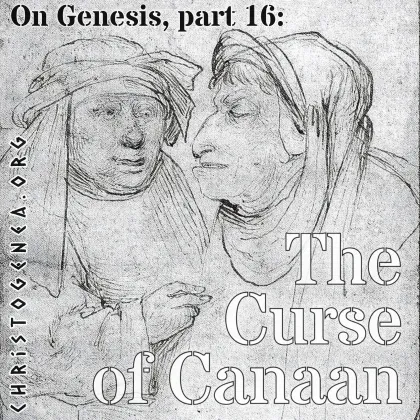
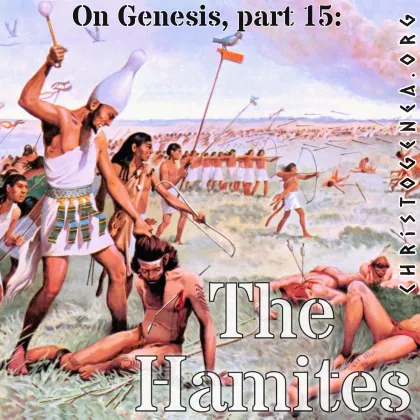
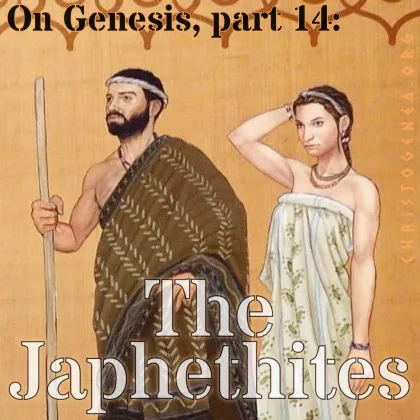



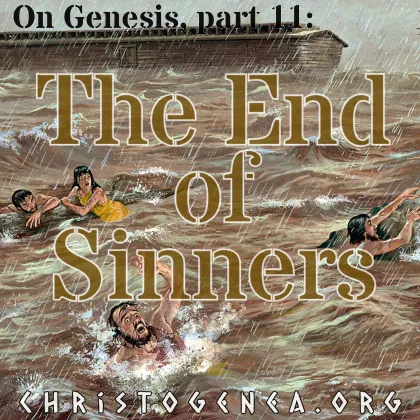







 Please click here for our mailing list sign-up page.
Please click here for our mailing list sign-up page.







